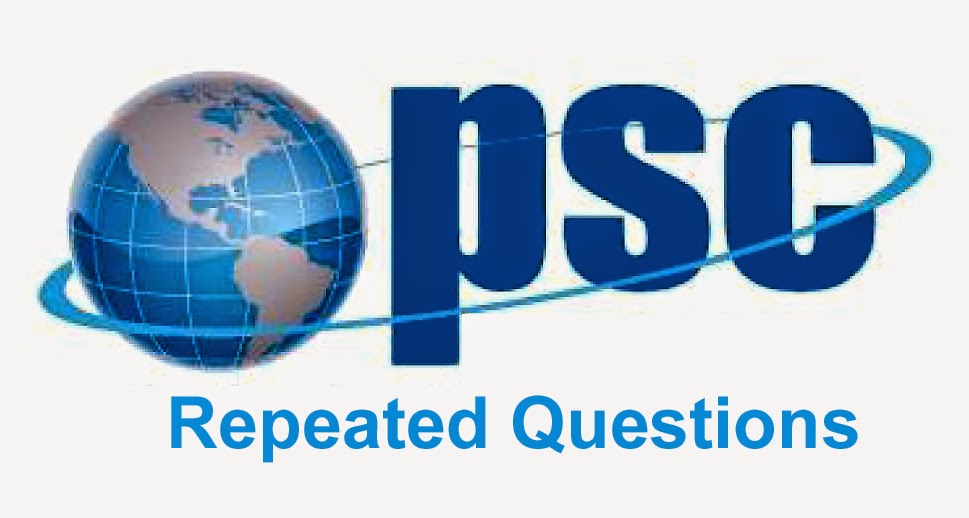Employability Skills- A New Vista for Employment of the Youth

India is one of the fastest growing economies in the world today. Recent surveys indicate that by 2030, it will be the third largest economy in the world just behind US and China.
Couple this with the fact that we will have 50-70 million jobs created by 2025 and you have a fantastic opportunity in the making!
Coincidentally, India has the largest youth population in the world, almost a third of the Indians are between 15 and 29 years old making this country the world’s youngest with 64% of its population in the working age group.
All this has been possible as India has made significant progress in ensuring access to education for all through its Sarva Shiksha Abhiyan (Education for All) program and the implementation of the landmark “Right of Children to Free and Compulsory Education” (RTE) Act.
Despite these achievements, challenges remain in moving beyond access, to a focus on learning and ensuring equity. Over one-third of children drop out before completing the full cycle of elementary education. The majority of children not in school are from vulnerable and marginalized groups, including from Scheduled Castes and Scheduled Tribe groups, religious minorities groups, and children with disabilities.
Evidence also indicates that children are not learning at expected levels. According to the National Achievement Survey conducted by the National Council on Educational Research and Training, less than half the reading comprehension questions and mathematical questions posed in the survey were answered correctly by Class 5 students.
Now the key question is – how do we remain employable, excel in a job and survive the competition?
What are Employability skills?
Employability is related to work and the ability to be employed. The ability to gain initial employment. In simple terms the combination of qualities that make it easy for someone to get and keep a job.
Employability Skills can be defined as the transferable skills needed by an individual to make them ’employ- able’. Along with good technical understanding and subject knowledge, employers often outline a set of skills that they want from an employee.
Top in demand Employability skills
*Basic technology. There’s no way around it: You must be computer literate in today’s professional workplace.
*Communication. You must be able to communicate effectively, which means talking, listening and writing.
*Problem-Solving-Soft skills like problem-solving will always be in fashion. It is unavoidable to be faced with a challenge at some point in your career, and when it rises, you need to be able to step up to offer a reasonable solution.
*Willingness to Learn – If you think you know it all because you have spent three or more years studying the subject at College or University you are wrong! One should always be open and eager to learn new skills at work.
*Teamwork – To increase your employability chances, you not only have to prove that you’re a team player, but also have the ability to manage and delegate to others. You need to use an example of building positive relation-ships to help everyone and achieve a common goal.
Rote learning instills in students a sort of complacency for more than 12 years of education and they are unable to make the shift from un-questioning learners to innovators in the job market.
Why employability skills are Important?
Employability skills are important because the market is intensely competitive, and employers in private and public sector are looking for people who are flexible, take the initiative and have the ability to undertake a variety of tasks in different environments.
Simply put, more and more research suggests that getting a degree, and putting a few letters after your name is just not enough to land you a job, or to launch your career. What you need is a portfolio of employability skills. Employers like to recruit graduates who have gone the ‘extra mile’, can work both individually and in a team, shown a capacity for leadership, and demonstrated a willingness to take risks by spending time, travelling, and experiencing new situations and cultures and are armed with excellent communication skills.
The success of individuals in a knowledge-based economy will increasingly depend upon skills, creativity and imagination. While basic literacy, numeracy, technical skills, craft skills remain vital, today’s economy and society increasingly demands people with an ability to cope with change and adapt quickly to new environments and people. This is why employability skills are more and more important!!
HOW TO DEVELOP EMPLOYABILITY SKILLS?
The pedagogy is changing. We need to pause, think and reconnect.
There is little learning for the sake of knowledge, expertise or interest. So, students pass out of schools and college with little or no real knowledge, limited reading, even less communication skills, and an inability to handle problem-solving.
These are just some highlights from the National Employability Report released by Aspiring Minds.
*47 per cent graduates are NOT employable in any sector because they lack English language and cognitive skills.
*More than 50 per cent graduates do not know how to perform simple functions like copy-pasting text nor are they able to differentiate between hardware and software.
*Not more than 25 per cent of the graduating students can apply concepts to solve a real-world problem in the domain of Finance and Accounting.
So if a degree doesn’t necessarily land you a good job, how can students improve their employability while still in college?
The gap in skills training is enormous. Life skills needed to enter the world of work is totally missing from our curriculum. Soft skills are an important requirement in the present job industry.
English is one of the key parameters in any role in the knowledge economy and as many as 47 per cent graduates lack even basic functional knowledge of the language.
There are grammatical errors, spelling mistakes; SMS-style language and an absolute disregard for a coherent sentence structure, hence it is important to:
*Develop your reading habits. Make it a habit to read a book a month.
*Improve your writing skills. Just select a topic that interests you and write about it.
*Problem solving exercises could be applied to everyday situations in Schools/ Colleges.
*Look for a group of like-minded people and engage in group discussions with them.
*Read the newspapers and browse the internet for updating your knowledge about the requirements of the profession you are interested in.
*Make yourself tech-savvy – everyone needs to keep abreast of IT advances, as they will shape jobs and organizations.
*Learn a new language – bilingual employees have a definite advantage in today’s global world.
*Whenever possible, participate in College activities and be a part of the organizing committee for College events. These initiatives will teach you values of team work, leadership skills, communication skills and will go a long way in preparing you for the future.
*Positivity- having a positive attitude is often overlooked as an important skill to possess but is a good trait to have. Employers want staff members with a ‘can-do’ attitude that work well under pressure and actually enjoy what they do.
The disconnect between education and industry is another important aspect of higher education. Broadly speaking, employers look for a mix of aptitude, language, personality and domain skills in selecting the right candidates for various roles in their organization.
As the saying goes, “self-help, is the best help”, every individual is responsible for his or her own employability as they are the ones who should be requiring and acquiring the skills. Yet, the educational Institutions cannot escape their responsibility of playing a pivotal role in developing an individual’s employability skills and growth, as they are the prime hubs of acquiring skills and knowledge.
- Nidhi Prasad







